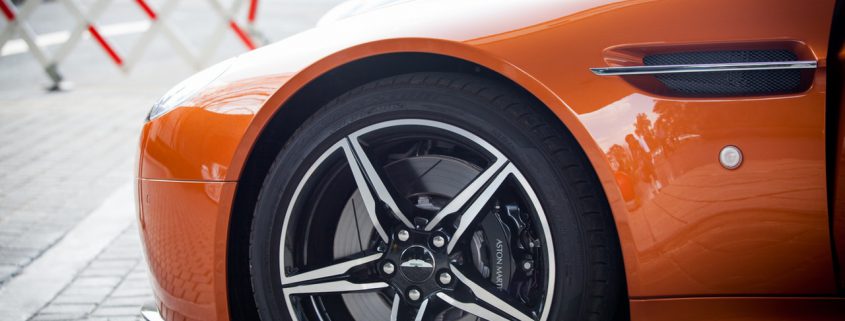How to tell if your car needs new brakes
Your vehicle’s brakes are one of the most important parts of the entire car. When they start to fail, it is crucial that you get them repaired or replaced as quickly as possible. Your car is simply not safe to drive while you have poor brakes. That means you are putting the safety of you and your passengers at risk every time you get in the vehicle. Of course, you might not be able to tell when your vehicle’s brakes are starting to fail. So that you can remain safe while driving, here are the tell-tale signs of brake failure to keep an eye out for.
A loud screeching noise when you apply the brakes
This is one of the easiest and most obvious signs that your brakes are failing. If a loud squealing or screeching noise occurs every time you try to apply the brakes, you almost certainly require new brakes and should get them checked out immediately.
Brakes work by transferring the pressure that you apply to the brake pedal through your car’s system and onto your vehicle’s brake pads that squeeze the rotors of your engine. Brake pads with sufficient padding will press against the rotors and slow your vehicle quickly and without making a noise. When the brake pads do not have sufficient padding, however, the metal of the brake pads will make content with the metal of the rotors. It is this metal-on-metal noise that causes the screeching. You should replace the brake pads as soon as you hear the screeching, The longer you wait, the more damage will be done to the pads and to the rotors. This can result in more costly repairs. In some cases, you may even need to replace the entire braking system and rotor.
A squishy brake pedal
A functional brake pedal should feel firm to the touch and be fairly responsive. That’s because the pressure in the pedal is sustained by brake fluid in the lines attached to the pedal. When there isn’t enough fluid, however, the pedal can feel loose and unresponsive. This can mean that drivers have to apply more pressure than usual or force the pedal to the floor in order to get the car to slow down. Loose or unresponsive brakes will probably mean that you are lacking brake fluid or that there is a leak in your brake system. Naturally, a lack of fluid can make it harder and slower to come to a halt. This may be fine when driving normally, but in an emergency it can be a serious issue that stops your car from quickly coming to a halt.
There really is no time to waste when you notice a problem with your brakes. If either of these scenarios happens with your vehicle, take it to your trusted collision repair center as soon as possible.



